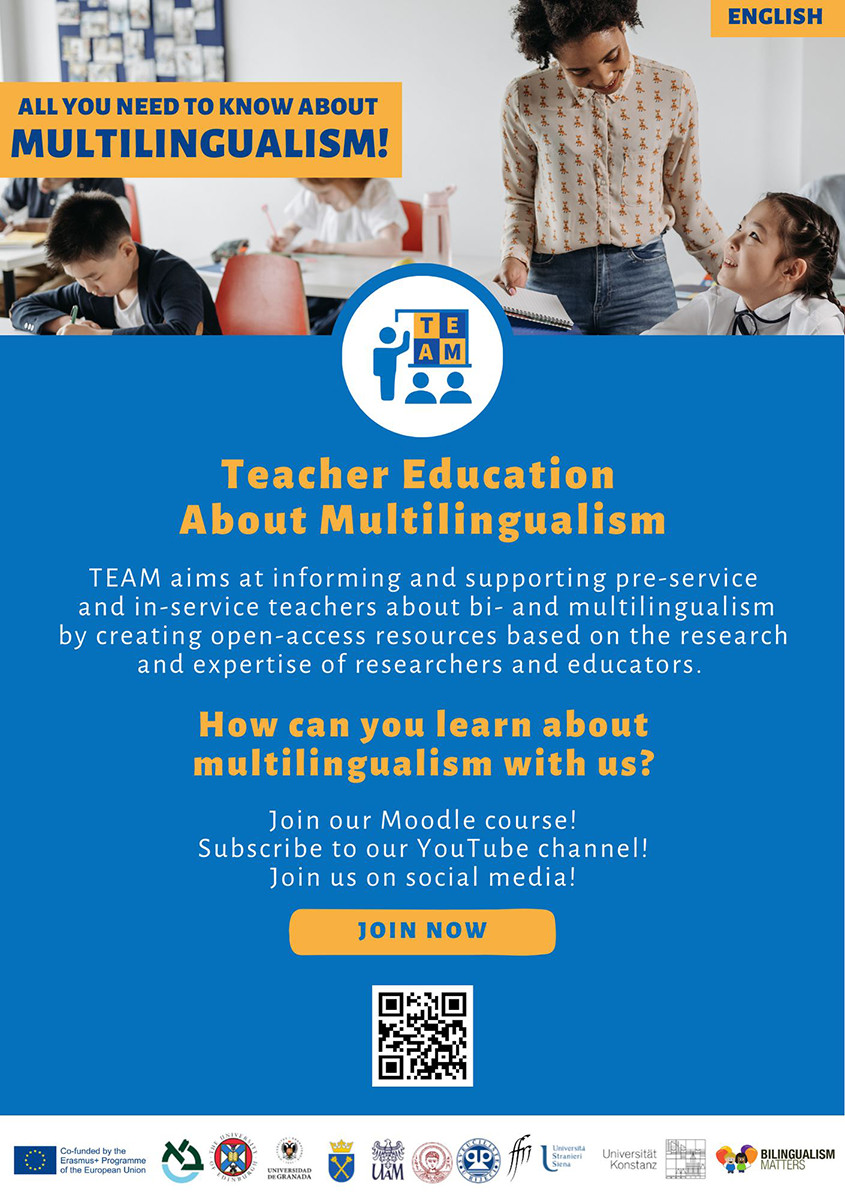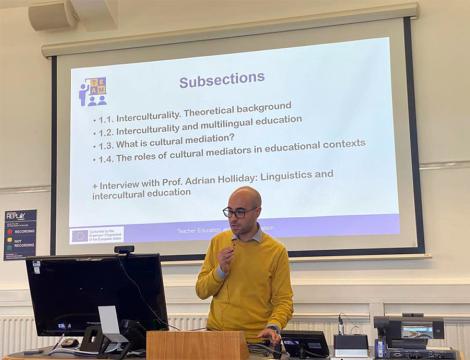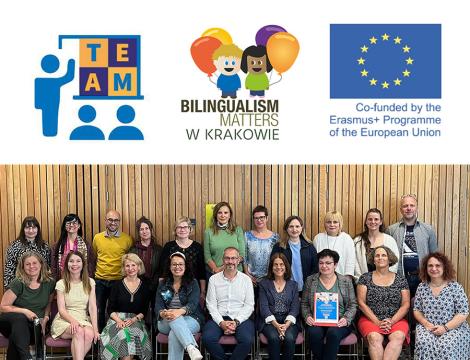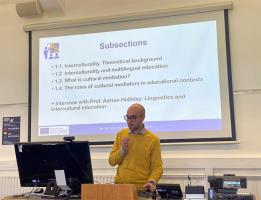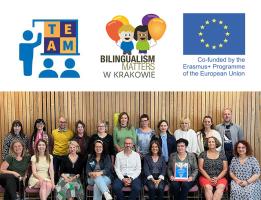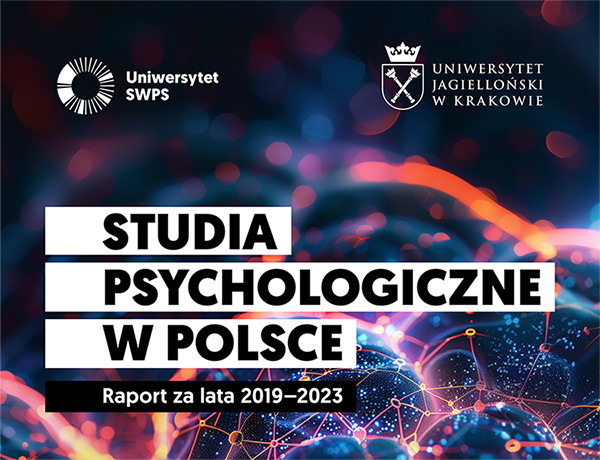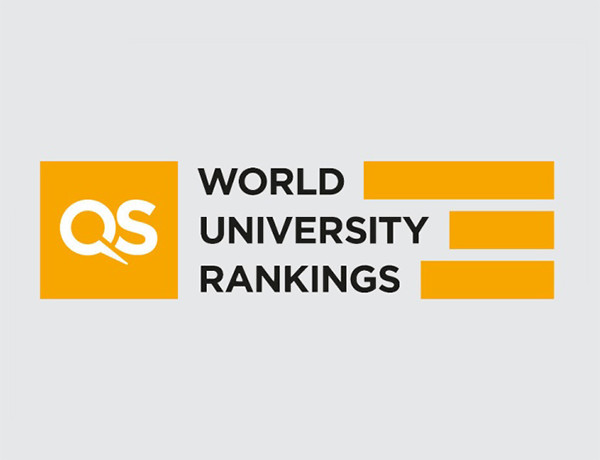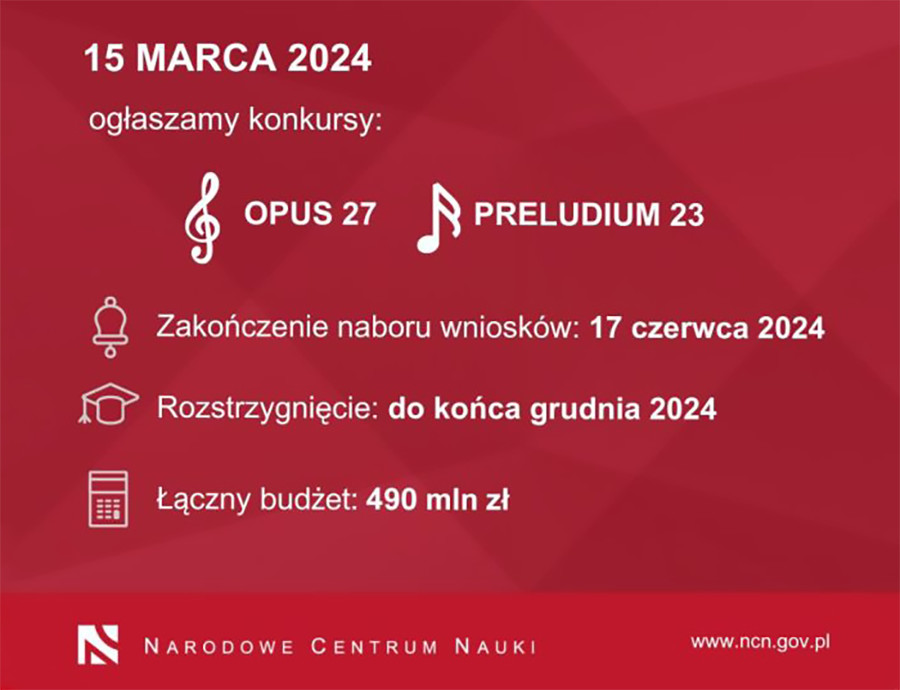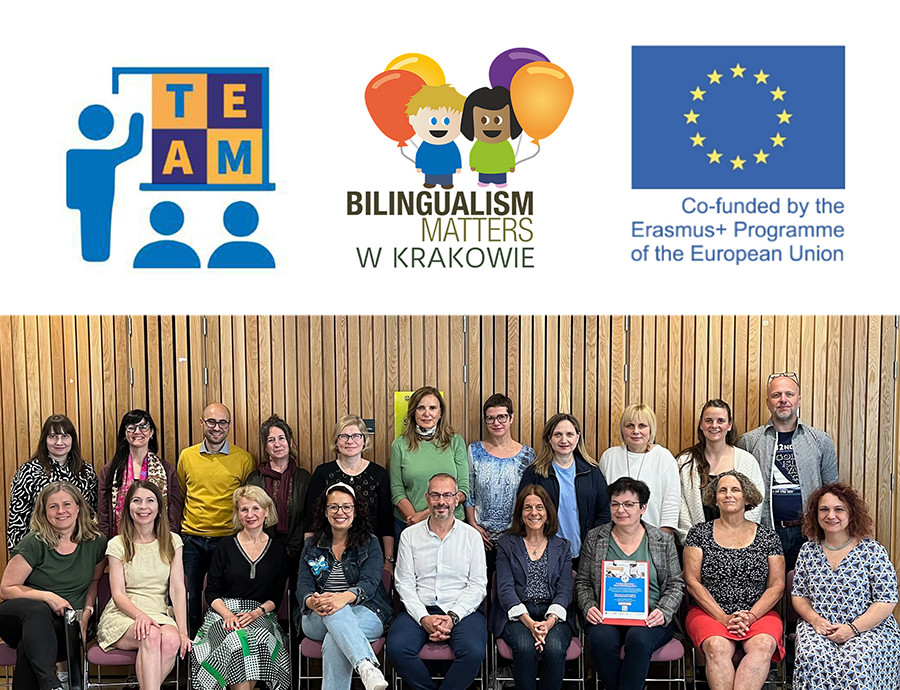
The international TEAM (Teacher Education About Multilingualism) project, funded by an Erasmus+ grant, was co-created by members of Bilingualism Matters Kraków and Psychology of Language and Bilingualism Lab "LangUsta" from the Institute of Psychology at Jagiellonian University.
An international project TEAM (Teacher Education About Multilingualism) financed by Erasmus+ grant, co-created by members of Bilingualism Matters Kraków and Psychology of Language and Bilingualism Lab "LangUsta" led by prof. Zofia Wodniecka (Institute of Psychology, UJ), has been selected as an example of good practice by the National Agency Erasmus+.
TEAM resources allow professionals who are working with multilingual children to be up to date with the most current scientific knowledge and self-train through open-access tools.
The project created by the international team of experts from 9 universities, including Jagiellonian University, aims to improve the quality of academic instruction by creating a new interdisciplinary and interactive course curriculum and teaching resources linking teacher training with relevant bilingualism research.
TEAM has created a broad audiovisual resource base on the YouTube channel: @TEAMultilingual. The materials divided in 4 modules cover topics of strategies and approaches to multilingual education, linguistic approaches to multilingualism, neurocognitive processes in bilinguals and language acquisition, social and cultural aspects. Interviews and screencasts are accessible in various languages, including Polish and they present very detailed information coming from the theory and practice experts.
A part of the project is a dedicated on-line course on Moodle platform. The course is free and open to everyone who has interest in deepening their knowledge and practicing new skills from the multilingual education field. It is designed to prepare teachers and other educators to better deal with linguistic and cultural diversity in the classroom. You can join the course here: TEAM course.
Additionally, as part of the TEAM project, experts from the Institute of Psychology of Jagiellonian University have created an interactive tool that is helping to better respond to the needs of students with migration backgrounds by making their teaching more socially relevant and inclusive. You can find it on a dedicated “Migration in Action” website.
The tool is an online roadmap, accessible in English and Polish, that allows users to learn about possible trajectories of different migrant situations by breaking them into details and describing them step by step. Using our “Migration in Action” tool, one can focus on different factors that compose the complex context of migration experience and deep dive into possible solutions.
We strongly encourage everyone to check out the results of the TEAM project and to pass it to whoever might be interested!
_ _ _ _ _ _ _ _ _ _
